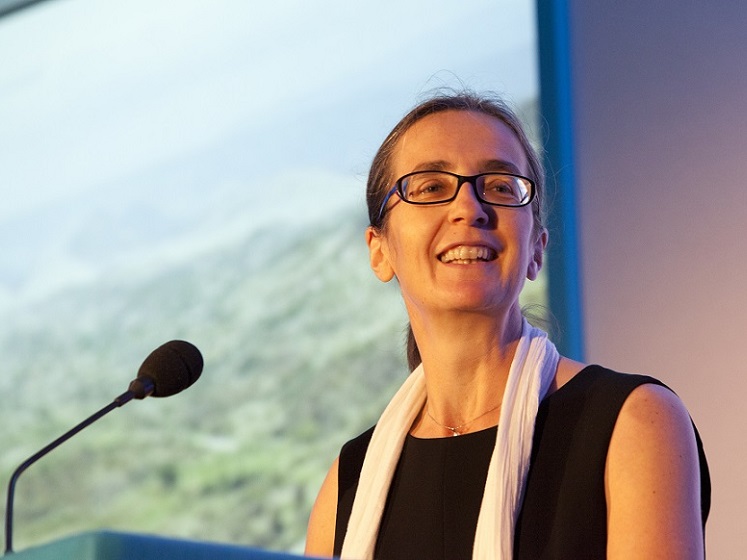 Helen Pankhurst. Credit: Water Aid/Georgie Scott
Helen Pankhurst. Credit: Water Aid/Georgie Scott
Dr Helen Pankhurst is a Visiting Senior Fellow at LSE, women's rights activist and author of Deeds Not Words, the Story of Women’s Rights, Then and Now.
Tell us about your background?
Being born and brought up in Ethiopia and my Pankhurst surname are the influences that have defined my personal interests and career. I am most proud of the work I have done encouraging linkages between those interested in the suffragettes and those campaigning on women’s rights in the present - and also between local UK based feminism, international development and global feminism. In all cases, the point is understanding the need to look at both practical day to day constraints and strategic longer-term objectives.
Tell us about your career?
I have been an employee or trustee of a number of international development charities including ACORD, Womankind Worldwide, Farm Africa, WaterAid, CARE International and Action Aid. At the same time, I have been a custodian of remembrances about the suffragettes and making them relevant to the present.
I have done this through giving talks; taking part in re-enactments, such as being a suffragette in the Opening Ceremony of the 2012 London Olympics; involvement in the 2015 film Suffragette; and working with the composer Lucy Pankhurst, on the lyrics of the 'Emmeline Anthem' commissioned by Radio 3 in 2018. Also, for many years now, leading CARE International’s annual #March4Women ahead of International Women’s Day in London – a march which also has a strong suffragette remembrance element.
What are you most proud of?
My biggest recent achievement has been, on the centenary of some women getting the parliamentary vote, publishing Deeds Not Words, the Story of Women’s Rights, Then and Now. Being affiliated to LSE has been really useful – not least because of the access to the Women’s Library, which has a wonderful collection of suffragette memorabilia and more recent material linked to women’s rights.
The book provides a reflection on how we got to the vote in 1918, but it then goes on to look at how much women’s lives have or haven’t changed since, with chapters entitled Politics, Money, Identity, Violence, Culture and Power. The book is planned as a conversation starter and shares quotes and statistics with the objective of encouraging the reader to reflect and engage in what I think is the most pressing, most topical, most important conversation of our time. I write as an activist and the critical point for me is: What now? How do we go forward?
Read more
The Women’s Library at LSE
Suffrage 18 at LSE Library